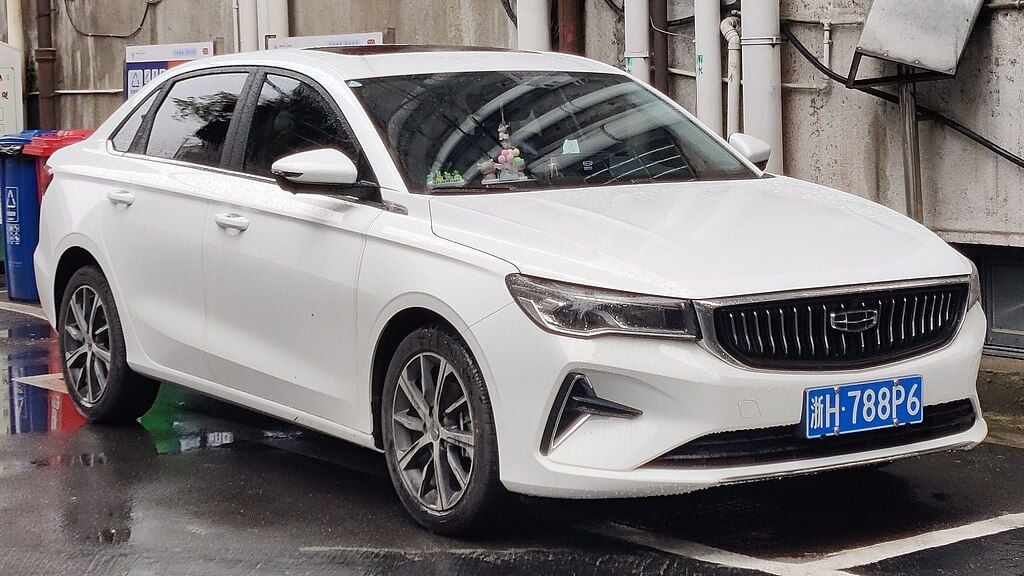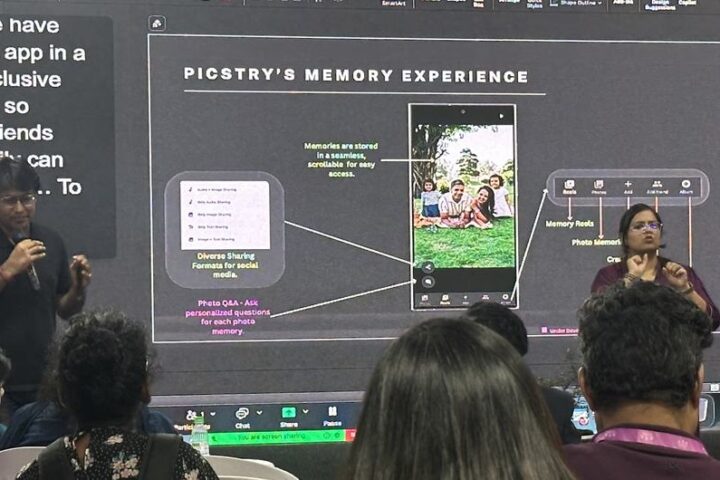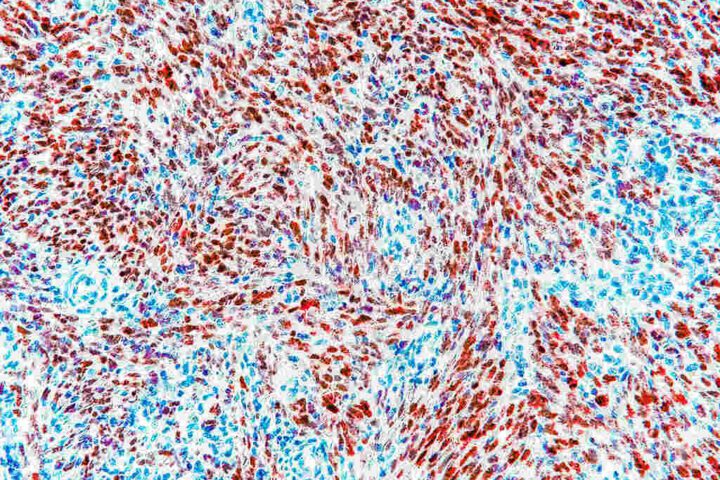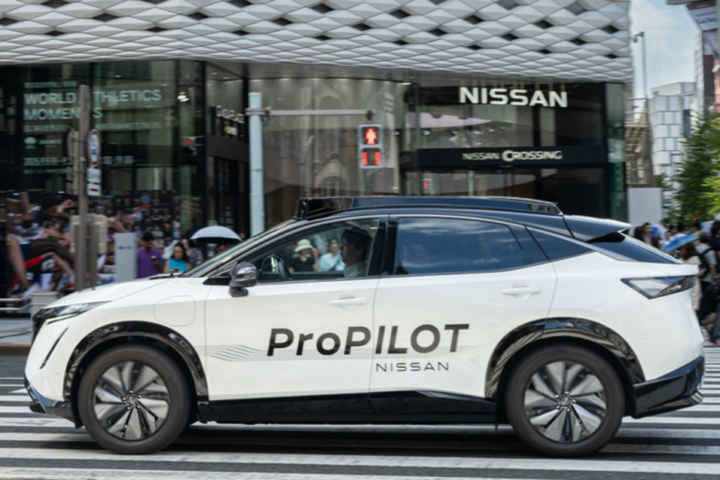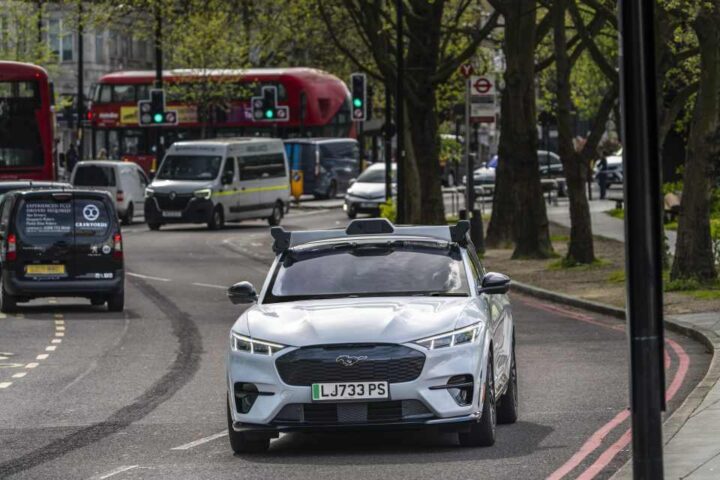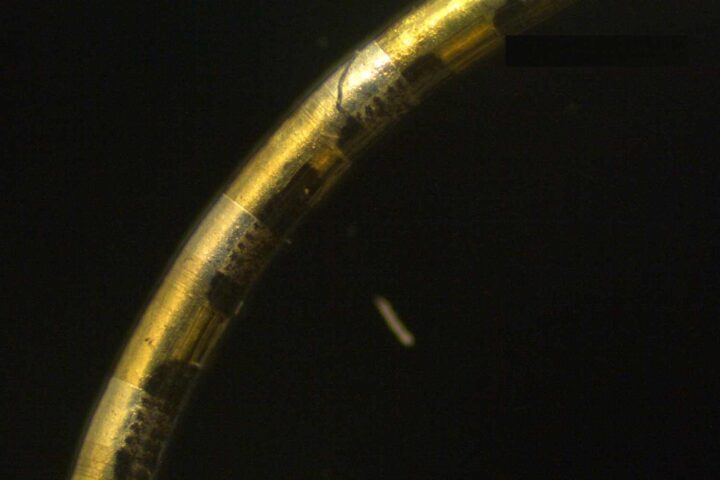Geely Auto has become the world’s first automaker to receive ISO/PAS 8800 certification for road vehicle safety and AI systems, the company announced on June 24, 2025. Germany’s DAkkS (German Accreditation Body) granted the certification, validating Geely’s capabilities in functional safety, expected functional safety, and AI safety.
Published in December 2024, ISO/PAS 8800:2024 is the first global standard specifically addressing artificial intelligence safety in road vehicles. As a Publicly Available Specification (PAS), it serves as a foundation that may evolve into a full ISO standard.
“This certification is just the beginning,” Geely stated in its press release. The company has already implemented specialized technical training programs focused on “AI safety lifecycle management, safety requirement analysis, and data governance” to align with the standard’s requirements.
What ISO/PAS 8800 Covers
The standard addresses safety-critical systems in production vehicles using AI or machine learning, complementing existing automotive safety standards like ISO 26262 (functional safety) and ISO 21448 (Safety of the Intended Functionality).
ISO/PAS 8800 spans the entire development and deployment lifecycle of AI systems, with emphasis on:
- Data quality and integrity
- Risk management
- Verification through simulation and testing
- Cybersecurity for AI-driven systems
- AI concepts including bias, prediction accuracy, robustness, and generalization
Geely’s Safety Portfolio
Geely currently holds 1,562 patents in vehicle safety technologies, according to the China Automotive Technology and Research Center. The company previously earned ISO 26262 functional safety certifications from both DAkkS in Germany and ANAB in the United States, plus ISO 21448 expected functional safety certification from ANAB.
The company is also recognized as the first enterprise to achieve “3A” capability certification for software quality systems (AUTOSQS, ASQMS, and Automotive SPICE-CL3).
Industry-Wide Collaboration
At Auto Shanghai 2025, Geely showcased its “AI for All, All for Safety” theme and introduced innovations including:
- The Galaxy Cruiser SUV prototype with “full-domain AI” designed to adapt to diverse conditions
- The Golden Short Blade Battery with enhanced safety features
Similar Posts
The company has also opened its Global Safety Center to the entire automotive industry and shared its patent for a battery pack bottom impact testing device, showing its commitment to advancing overall automotive safety.
Shift in Approach
Experts note that ISO/PAS 8800 marks a critical shift from basic “safety compliance” to comprehensive “full lifecycle safety” in automotive AI development. This approach integrates safety considerations throughout an AI system’s existence—from initial concept through operation and eventual decommissioning.
This includes continuous monitoring, over-the-air updates for safety improvements, and structured incident management to refine AI models and safety measures.
Unique AI Safety Challenges
The standard specifically addresses challenges unique to AI systems:
- Edge cases: Rare or unexpected situations not well-represented in training data that could cause unpredictable AI behavior
- Adversarial attacks: Potential manipulation of sensory inputs that could cause an AI system to misclassify or fail
- Data governance: Ensuring quality and integrity of data used to train and validate AI systems
Global Regulatory Context
ISO/PAS 8800 emerges amid increasing global AI regulation. As a globally recognized specification, it has potential to harmonize automotive AI safety requirements across different jurisdictions—valuable for automakers operating internationally.
The standard provides a technical framework that can help automakers demonstrate compliance with safety requirements for high-risk AI classifications in regulations like the European Union’s AI Act.
Geely Auto Group, based in Hangzhou, China, manages several brands including Geely Auto, Lynk & Co, and Zeekr. In 2024, brands under Geely Auto Group sold over 2.17 million units, a 32% year-on-year increase.
